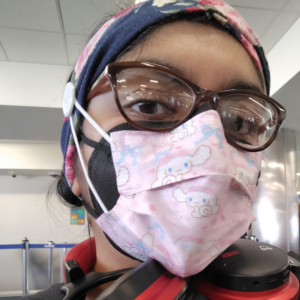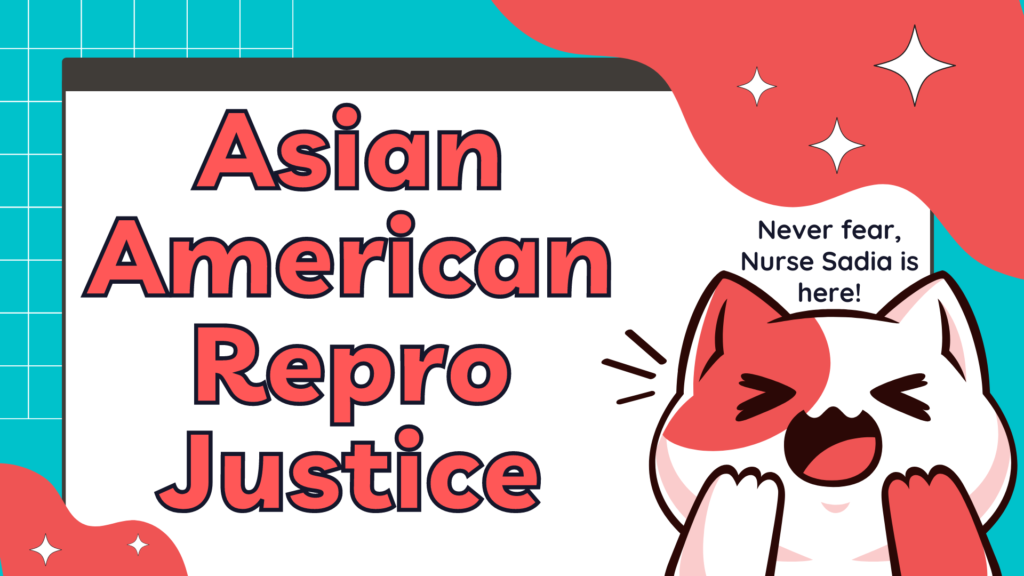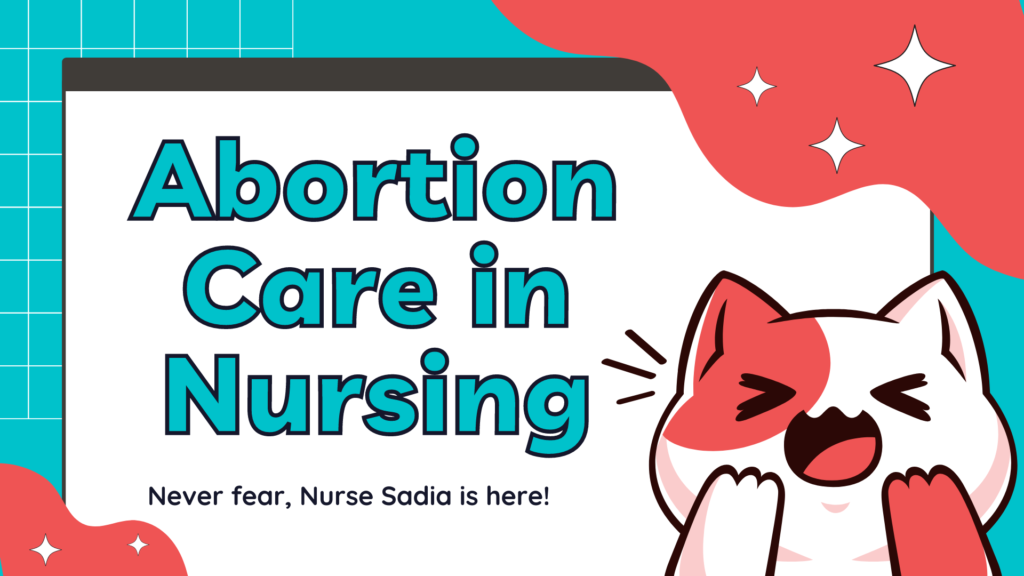
Part 1 – Sex Ed at Home
How did a child of immigrants end up being a sexual health educator? Let alone a nurse practitioner?
First and foremost, I dedicate this to my mother and sisters, my primary motivations for doing the work that I do. You both sacrificed more than I could ever write to make sure I am where I am today. For all your sacrifices and pain, I’m eternally grateful. Words cannot express my eternal gratitude.
Second, I didn’t know I wanted to be a sexual health educator until my early 20s. Even then, I was still like whattttttttt. What is sexual health? Would anyone take me seriously in this profession?
Most importantly, growing up, I always was *that* child. You know, the one always asking questions, questioning authority, hearing family members make comments about how I’m never going to get married. Listen, I’m 31 and loving the marriage-less life!
Even though I was *that* child, I grew up with a very open-minded and accepting mother. My mother encouraged conversations about periods, sex, domestic violence, mental health, and so much more.
Unfortunately, I also grew up in a home, family, and neighborhood where violence, poverty, and crime were the norm. Similar topics my public health classmates referred to as “housing inequalities” and “social determinants of health” were things I experienced from childhood.
I was curious and sex and reproductive health, so, I did what most nerds do. I went to my school’s library and checked out probably 100 books on whatever I could find. Then, I Googled for hours. Google before AI really hit different. I started reaching out to organizations in the area for any open sexual health educator positions. After a few cold calls and a ton of emails, Planned Parenthood responded.
Then, the fun began.

Part 2 – Sexual Health Educator Journeys
Often times, people think being a sexual health educator just putting a condom on a banana and calling it a day. I wanted to do sex ed on my terms. Incorporating South Asian heritage with reproductive justice theory and the latest evidence-based information is complex.
As a volunteer and intern for Planned Parenthood, I did hotline shifts. Simply put, people would call and ask about contraception, pregnancy options, STIs, and everything in between. Talking on the phone is interesting, especially about sexual health. The hotline was my highlight for my week, and I loved it so much. Honestly, I cried when I left it to move out of state a few years later.
I learned how to read through scripts on these topics while people explained very intimate parts of their life in complete anonymity. Editing these references, I knew that sex ed is always more than just sex.
Working as a sexual health educator means understanding your audience, realizing what information needs to go into the presentation, and being open to change. My time at Planned Parenthood also opened up doors at other organizations, such as Fenway Health, a leader in LGBT Health, and Advocates for Youth, a non-profit focused on youth in sexual health education.
I juggled quite a few part-time sexual health educator roles between these organizations and my full-time schoolwork. That was interesting and required several planners. I decided to make my own reproductive justice and sexual health workshops, spinning the two together and turning them into a one-woman (and sometimes with friends!) show.
There was a time in my life where I was on a plane almost monthly giving a presentation or webinar or something. And I loved it.
But, I never got offered a full time sexual health educator position. Ever. Whenever I applied to work for any company, I was only offered internships, volunteer opportunities, or part-time gigs, never full-time work. Pay often stayed, if any, at a little $15-20/hr.
I wanted more money, more stability, and more for my future.
After graduating with my Masters in Public Health in Maternal and Child Health and Social and Behavioral Sciences, I got offered *the* coveted CDC public health fellowship. In the midst of my next-steps to find my career in public health, I really wanted to speak to people directly.

Part 3 – Public Health Communicator Meets Women’s Health Nurse Practitioner
After a ton of research, I took the plunge into nursing school. Nursing school was the pits of hell, but gosh. I love being a WHNP. Seriously, I love all things women’s health, reproductive health, health education, inclusion, empowerment. I just hate formalized academic institutions because of the academic industrial complex, but we’ll get to that later.
Merging my past histories as a sexual health educator and public health communicator made me a WHNP. The Digital Health Communicator exists because the future is digital.
The future is now.
Are you ready to take the next step and hire me for your next training, speaking engagement, or writing opportunity?
P.S. Are you still reading? If you are able to afford to do so, consider compensating me for my time and labor with a one-time amount via PayPal (https://paypal.me/nursesadia) or Ko-fi (https://ko-fi.com/nursesadia). Thank you!

You must be logged in to post a comment.